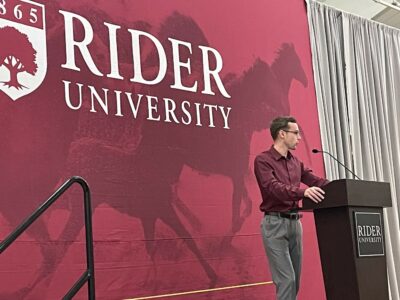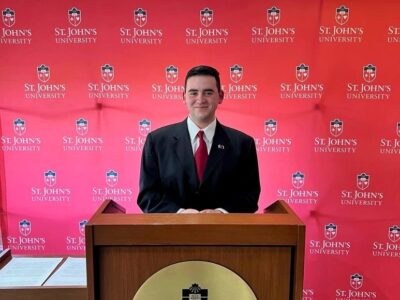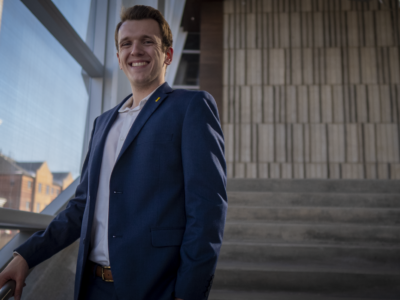You hear the words “student government” get thrown around quite often throughout your time at college. What does student government really do? What purpose does it serve and how does its role play a part in your college experience? College Magazine interviewed Rider University’s Student Body President Andrew Bernstein who explained the ins and outs of the position and the impact student government makes on the university.
Read on to find out the challenges and opportunities that come with taking on the role of student body president:
Q: What inspired you to run for office?
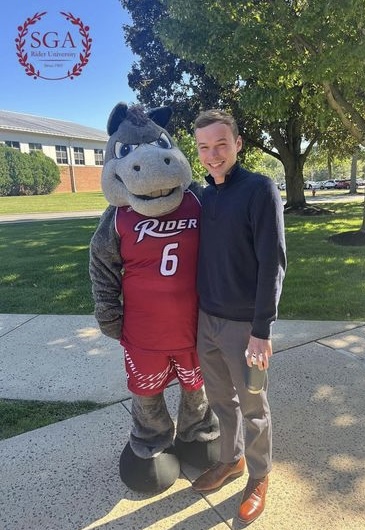
AB: Not only was I inspired to run for office because of the support of friends and peers, but also the goal of contributing back to the Rider community. Rider offered me a lot of opportunities over the years and the way I felt I could best utilize my skills to help bring about needed change was through student advocacy. Whether it be addressing student mental health, improving student spaces on campus, or other initiatives, I wanted to be a part of the group of students who helped bring about that positive change.
Q: What ways did you campaign for the position?

AB: I campaigned in a lot of the traditional ways: creating flyers to post around campus, having a social media presence (and creating a website to detail my ideas) and speaking to fellow students in person.
Q: What does a day in the life of being Student Body President look like?
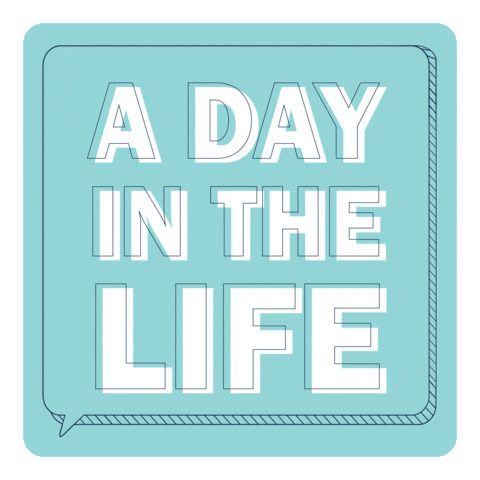
AB: No day is the same! One of the things I enjoyed most about the daily responsibilities of being student body president was the ability to meet with Rider administrators, faculty and staff to advocate and plan for projects and initiatives. But a lot of the day was spent like a normal student: going to class, catching up with friends and studying. When I wasn’t doing those things, planning student government projects, talking with my fellow student government members and seeking the opinions of others were all important responsibilities of the job.
Q: What has been the most challenging obstacle during your time in office?
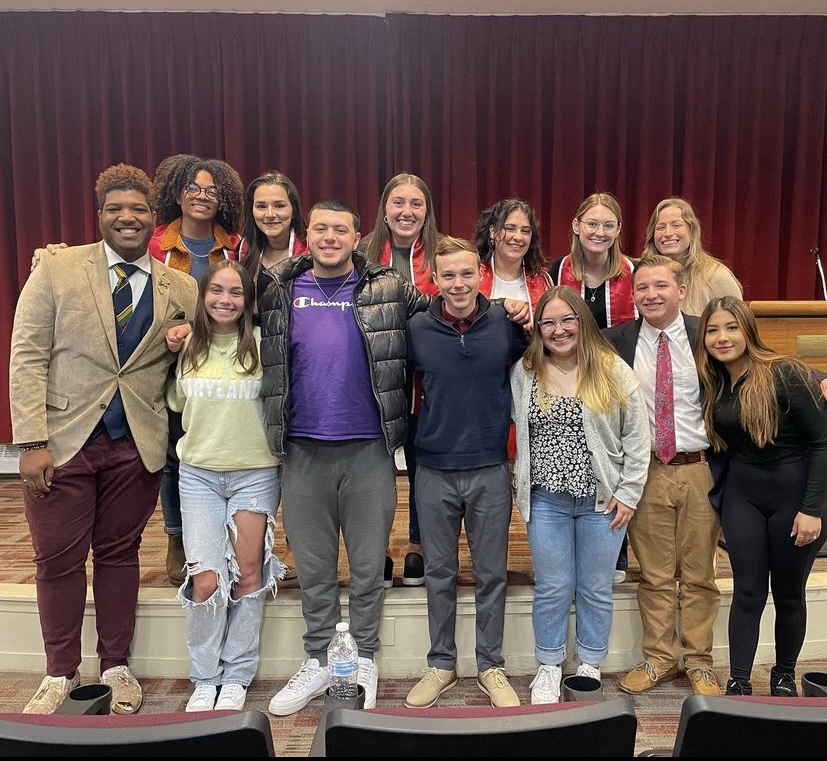
AB: I think one of the most challenging things is making sure students are aware of the role of student government. A lot of times students are afraid or reluctant to talk about it because they think student government has something to do with politics, but the reality is it has a lot more to do with their college experience than it might seem. It’s challenging to communicate that message and reach the entire student body, but creative communication strategies were certainly a strength of our team (especially our Vice President of Communications).
Q: What has been your favorite memory to come out of being Student Body President?
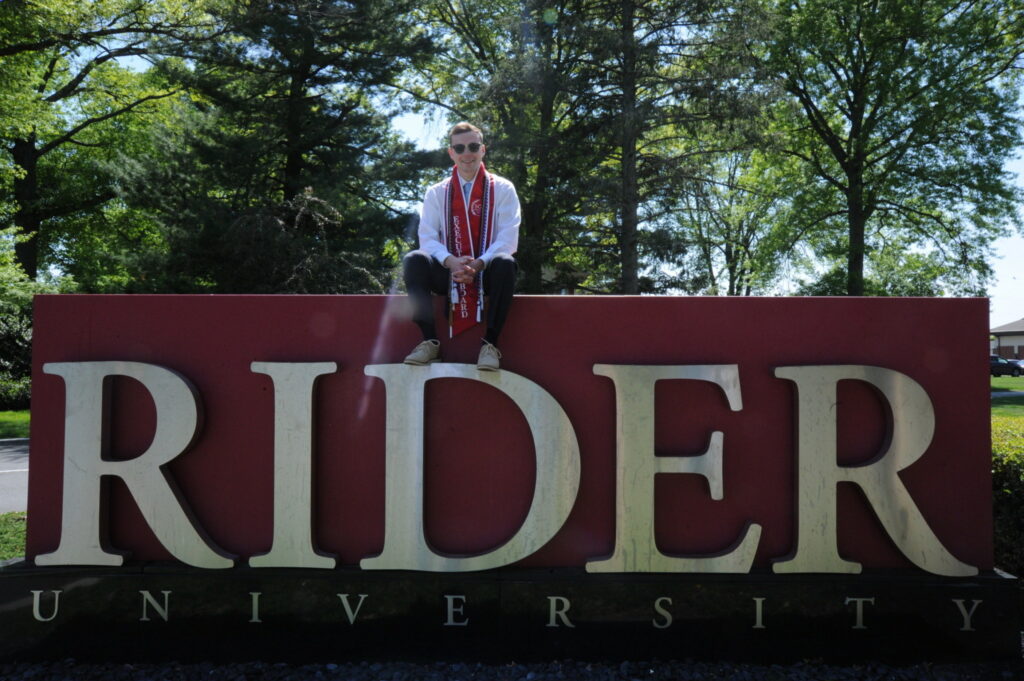
AB: One of my favorite memories was the opening of Rider’s “Zen Den” (a fully renovated space dedicated to serving student mental health and providing a space for students to destress and practice self-care). The project was a collective effort with the help of many different university partners. Seeing such a significant change to campus being utilized by students was a clear demonstration to me of how impactful student government can be.
Q: How do you balance academics and other extracurriculars while fulfilling the role of Student Body President?
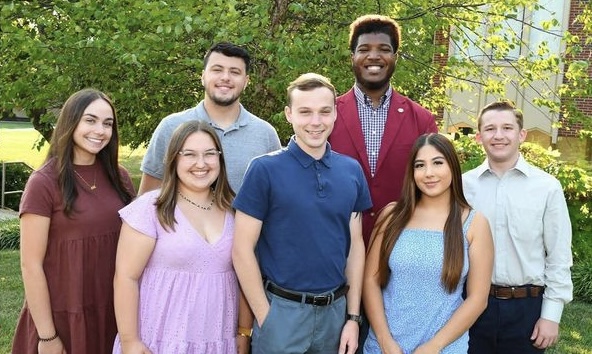
AB: Balancing academics and extracurriculars is no doubt challenging, but things become much easier when you are guided by something you are passionate about and it’s meaningful to you. I never felt that my role was something that dragged me down or added more work that I didn’t want to do. I enjoyed being able to advocate for students and for ideas that were important to me (whether it be addressing daily student concerns or prioritizing larger scale initiatives like improving spaces for students on campus). I also think a lot of the basic things like emphasizing organizational skills and not losing sight of hobbies and things that you enjoy are helpful at creating a more well-defined work-life balance.
Q: Did you ever have any apprehensions or self-doubt when it came to taking on such a big role?
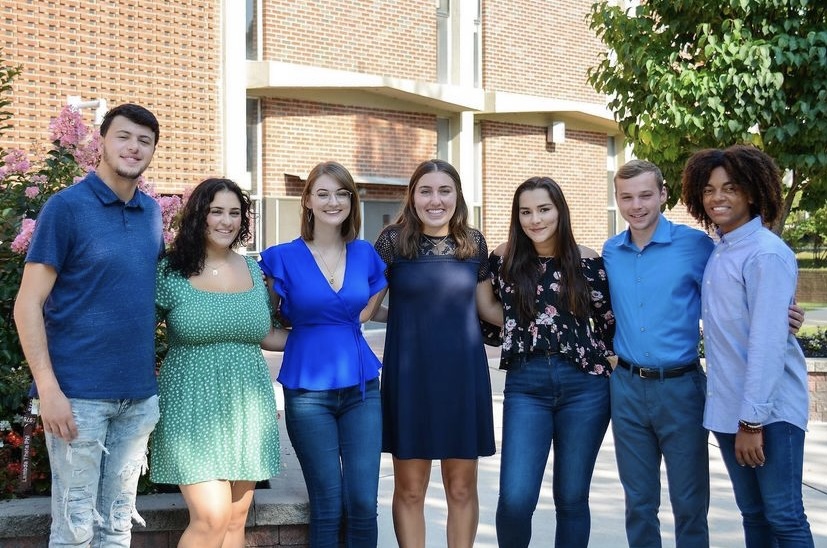
AB: I’d be lying if I said I never had doubts about taking on such a demanding role, but the support I had from people around the university definitely helped ease those concerns. One example is during our election cycle last spring. We set an ambitious goal to increase student voting in SGA elections but we knew we needed to change the way things had been done before and motivate students in a new way. Our Elections Committee came up with unique and fun ideas like candidate videos, using voting booths, and making election stickers— all of which helped to increase the number of students voting by over 40%!
Q: Looking back, is there anything you would change or wish you’d done differently during your time as Student Body President?
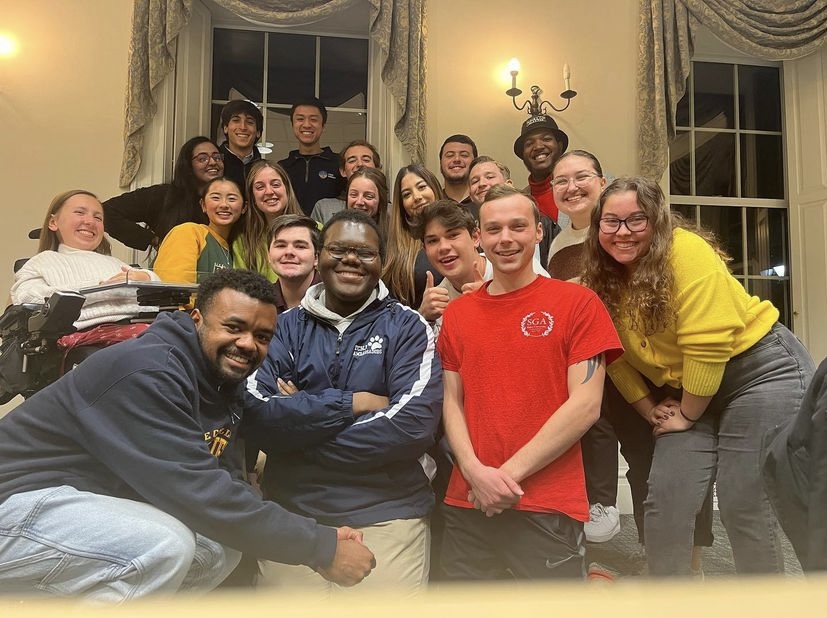
AB: One thing I wish I had done differently was spend more time talking about the accomplishments and role of SGA. Expanding the reach of student governments across respective campuses is challenging but so important to their impact on students.
Q: If you could be remembered for one accomplishment during your time as President at Rider University, what would that be?
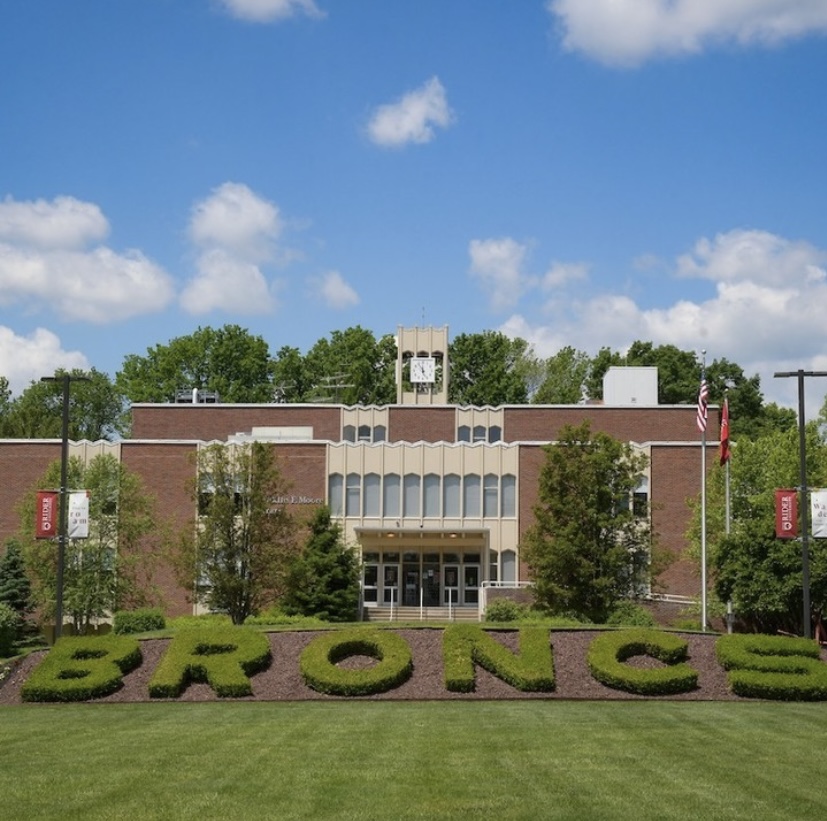
AB: I’d much rather be remembered as a person willing to share my honest opinion and work hard to give back to the university. Projects like Rider’s Zen Den and other improvements to campus are things I’m proud to have played a part in working on, but team efforts require remembering all those who helped the accomplishments come to fruition!
Q: Do you have aspirations to run for any political positions after graduation?
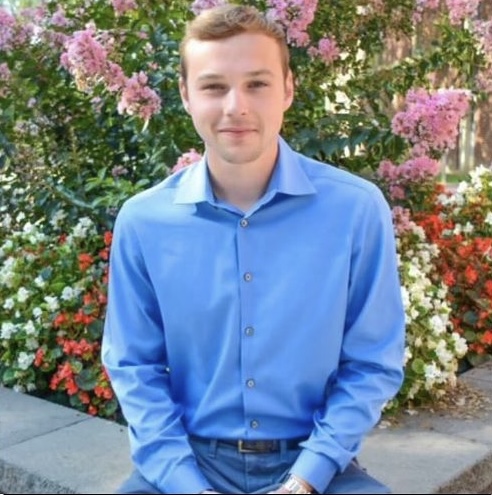
AB: I’ve always been interested in the study of politics, especially state and local politics. But as of this fall, I’ll be attending The George Washington University Law School to pursue my JD, so political positions won’t be in the cards for at least another three years!
Andrew Bernstein’s Tips for Running for Office

Tip #1— Have a purpose. Don’t run for a position out of self-interest or because you think it looks good on a resume. You need a reason to want to give back and serve your fellow students. Things will feel overwhelming, but having a purpose will guide you in achieving your goals and staying positive.
Tip #2— Understand the importance of different voices on your campus. Students don’t all want to see the same thing and not all students will prioritize what you think is important! Solicit the feedback of others and create a vision that students can be excited about. You’ll need to get out there and talk to people (not just social media)!
Tip #3— Know how to best have the student voices heard. If you need to have uncomfortable conversations with people in power, sometimes it’s necessary, just remember the importance of respectfulness. Don’t let uncertainty or adversity prevent you from advocating for your ambitions.
How to Connect with Andrew Bernstein:
For those with questions or who may want to reach out, see below.
Email: [email protected]

